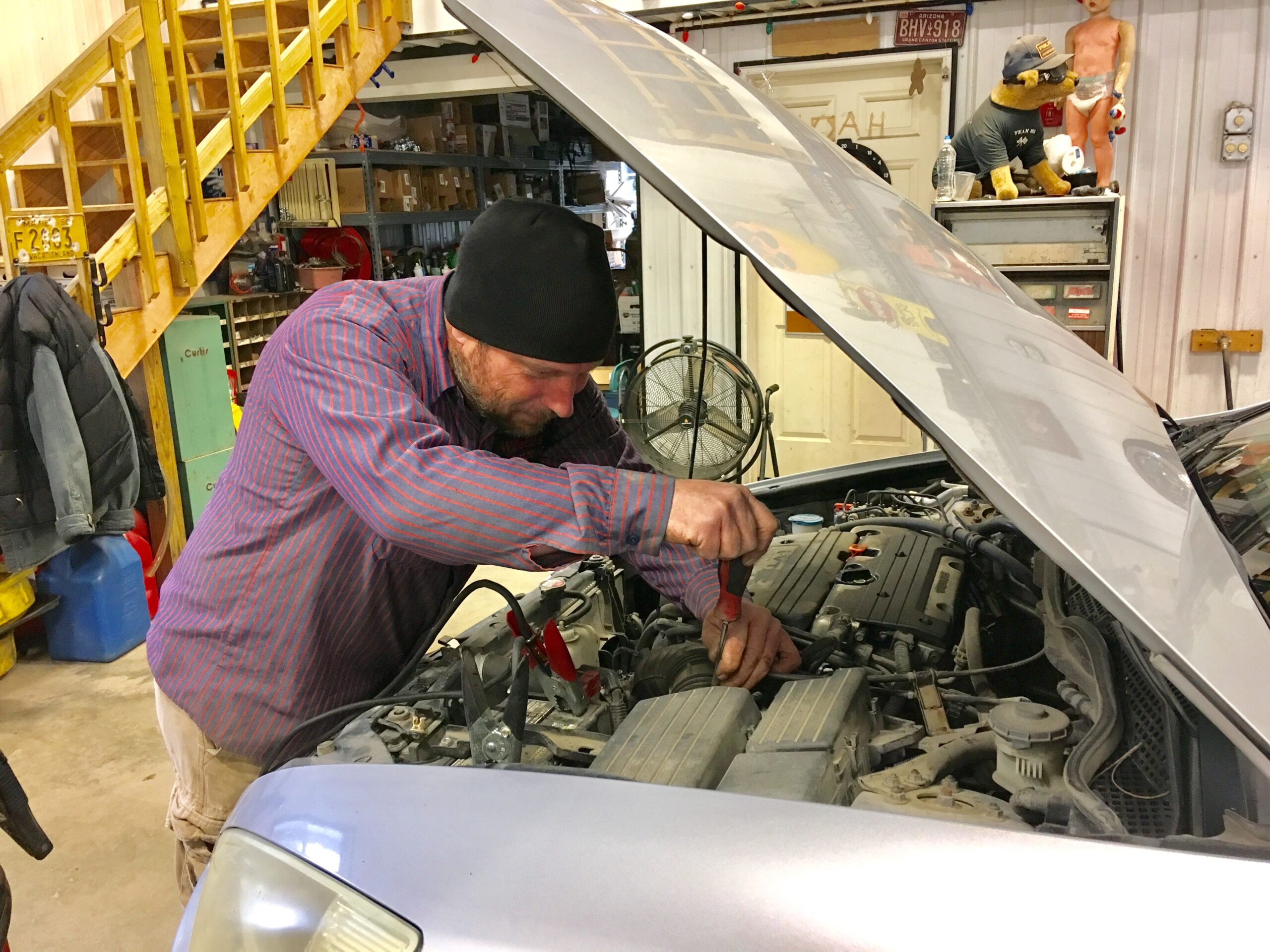
Now’s the time to prepare your car for the coming winter months.
Having your vehicle serviced before winter shouldn’t cost more than when you have it serviced any other time of the year when it’s due for an inspection, said Jeff Willette of Willette’s Automotive in Presque Isle.
A standard service should include checking tires, suspension, making sure the engine coolant is at the proper freeze rating and making sure all lights are operational.
What’s going to put the biggest dent in your wallet are new tires. But Willette said nothing beats a good set of studded snow tires.
Before you purchase studded tires, you should know that state law requires front wheel drive vehicles to have all four tires studded. Rear wheel drive vehicles can get away with studded tires just on the rear.
“The reason being on a front wheel drive car where the front of the vehicle is substantially heavier than the rear, you run into an issue with the back end wanting to fishtail,” he said.
Starting off the winter season with a new car battery would be great, Willette said, but if you have enough power in your current battery to turn over your engine it should start.
“If it doesn’t start, typically what happens is the engine will flood itself out and get the spark plugs wet with gas,” he said. “Typically if it doesn’t start, people sit there and just crank on it until the battery goes totally dead and now you have to haul it into the shop.”
If your car doesn’t start immediately, Willette suggests holding the accelerator at half throttle to allow air into the engine to prevent the spark plugs from becoming soaked in gas.
Road salt is “nasty stuff,” Willette said. It clears the road of ice while at the same time damaging the undercarriage of your car including the body, brakes and suspension components.
“The best way to combat it is to try and keep your car clean by taking a trip to the car wash once a week or once every other week to get a good undercarriage wash,” he said.
If you want to go the extra mile and help prevent corrosion from road salt, Willette suggests applying a penetrating oil and water-displacing spray underneath your car.
“You may have to do it a couple times a winter, but little things you can do to help prevent corrosion and keep it clean will do you wonders,” he said.
In the past, engine heaters were common, but Willette said today’s vehicles have more efficient engines that have the ability to start in almost any condition.
“Engine heaters are nice to have, but they’re kind of a thing of the past,” he said. “A lot of modern engines in newer cars don’t have the provisions to install coolant heaters or oil pan heaters.”
If you’re tired of scraping your car’s windows Willette suggests taking advantage of parking in your garage or placing something over the windows like a tarp, blanket or towel.
“That will help keep the frost from setting in as well,” he said.
Prevent the interior of your car’s windows from fogging by making sure your floor mats are dry and try applying a fog inhibitor spray to the windows, Willette said.
Don’t let your windshield wiper fluid freeze up on you. Purchase freeze protected fluid to 20 degrees below zero, “and make sure you have a nice set of windshield wipers, too,” he said.
Keeping a “survival kit” in your car also is a must, Willette said.
“I’d recommend putting some sort of survival kit if you will in the trunk, like a shovel, a blanket, food, something in case you ever do get stranded in a whiteout condition or a snow drift or happen to leave the road in the middle of the night,” he said.
On top of making sure your vehicle is ready for winter, Willette recommends making sure you’re ready for the winter roads, too.
“Probably the most important thing you can do is take your time, plan on leaving a few minutes early, drive a little slower, try not to be as distracted with cells phones and things of that nature — that’s probably the most important key to safe winter driving,” he said.




